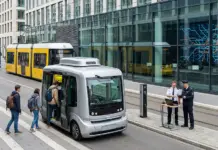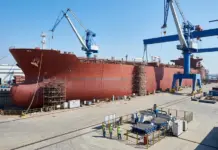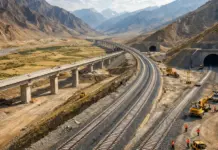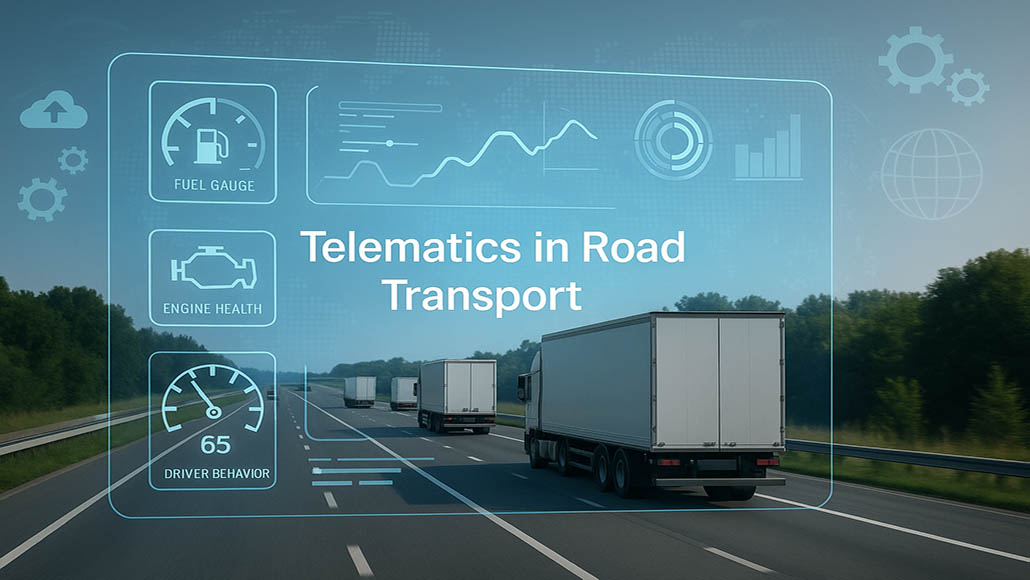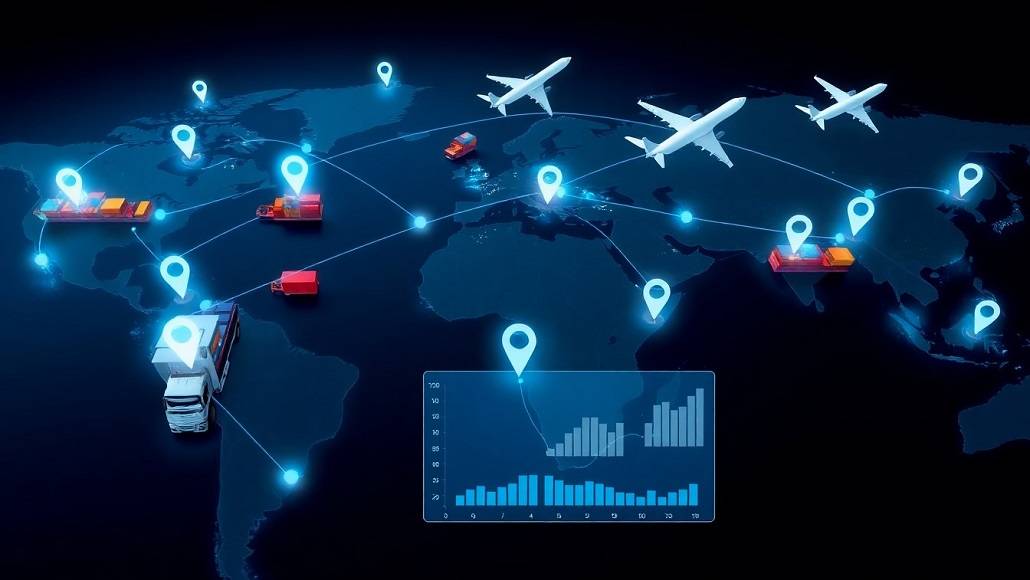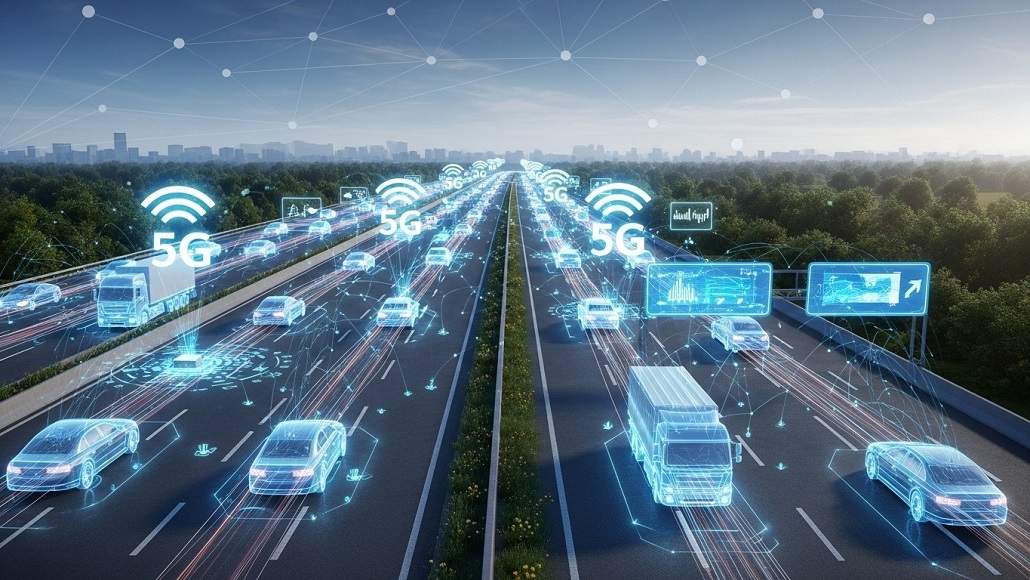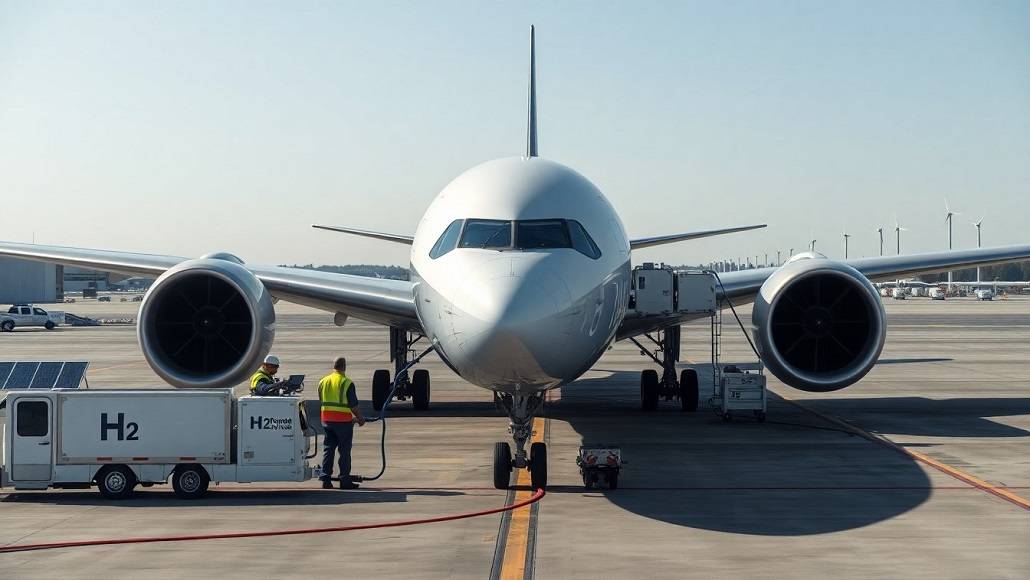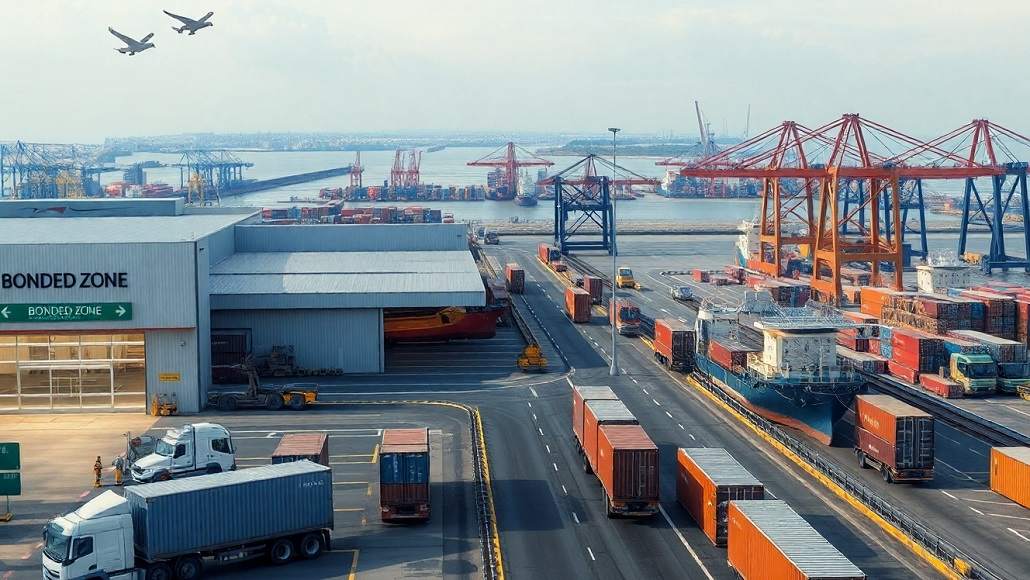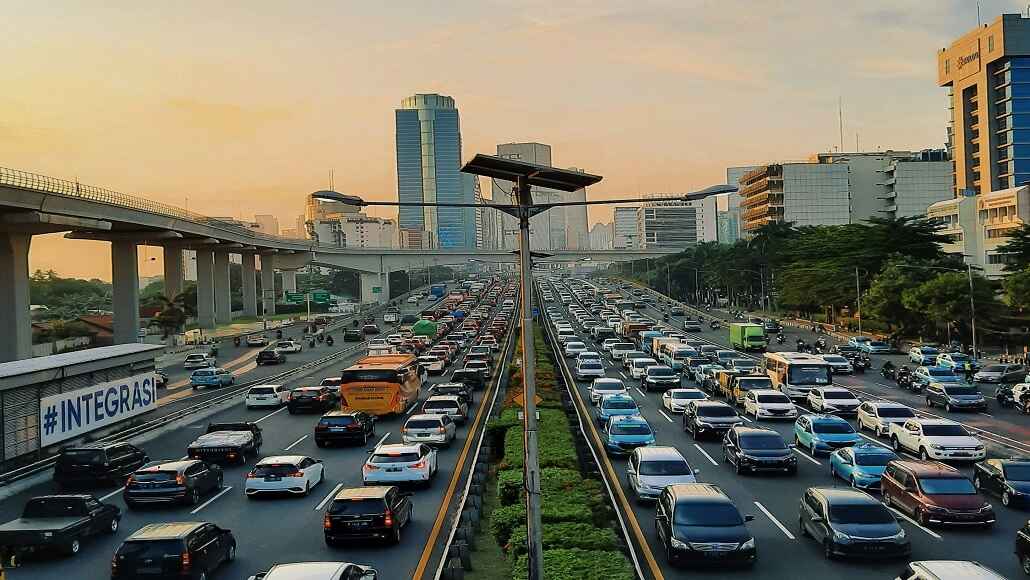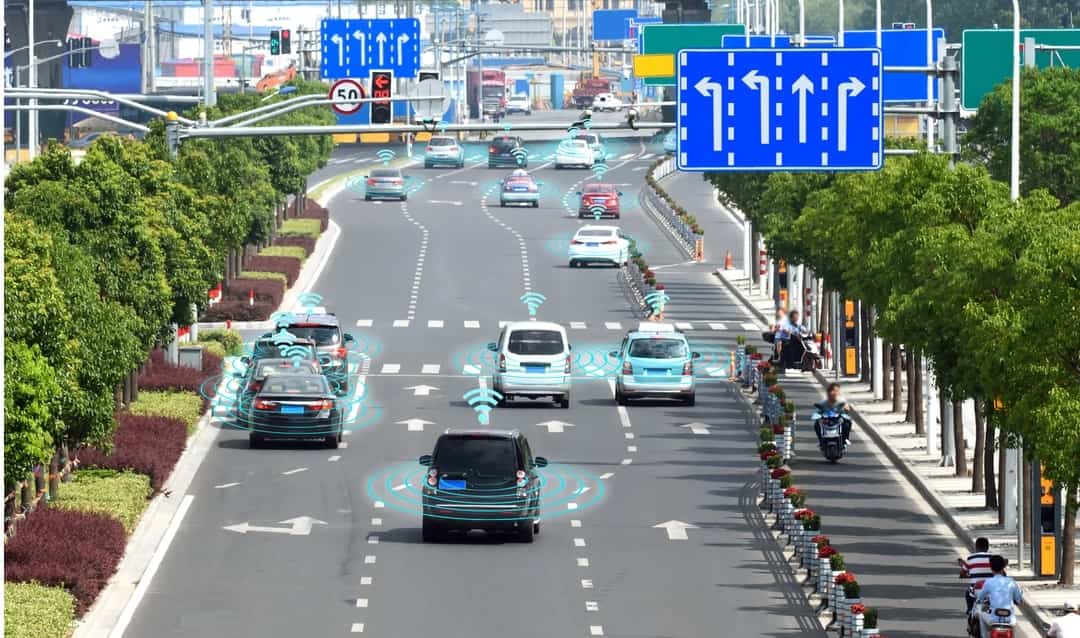June 2024 is when the European Parliament elections will be held, and a new European Commission is anticipated soon after that. Brussels happens to be pretty busy discussing the major political themes that are going to shape up the EU agenda for the rest of the 2020s.
However, there is indeed one question that happens to be well-debated and that’s are the green policies going to be an accelerator or are they going to drag economic growth?
On the one hand, Volker Wissing, the liberal transport minister, happened to raise the spectre that driving the bans would be required so as to meet the targets. While there are many questions if this is actually needed, an underlying belief is that climate mitigation happens to be a cost to be tolerated at best and may be avoided if possible.
It is well to be noted that even the German car lobby’s chief went on to grumble about Ursula von der Leyen, the Commission President’s investigation into the Chinese subsidies for electric cars. From this viewpoint, decarbonization happens to be an economic opportunity that has to be seized and also carefully managed.
Although the arguments go on to cross party lines, it happens to be primarily a debate in the center-right European People’s Party. There are members that are split on whether to stick with or ditch the Green Deal, which happens to be the flagship policy of the lead candidate, Ursula von der Leyen.
There are also other parties who happen to be mulling over the same issue; however, so far they have just managed to blend in climate as well as economic priorities.
Margrethe Vestager, who is the competition commissioner as well as a liberal flagbearer, happened to take center stage in the US so as to lay out a vision as to how Europe can go on to be a leader in green tech such as electric vehicles sans provoking any kind of trade war.
There also happens to be Teresa Ribera, a Spanish socialist who went on to pitch her vision pertaining to Green Deal 2.0.
The fact is that the political system in Europe means that all three perspectives are going to be represented in some way when the next commission comes up. How all these narratives and perspectives are going to be resolved or reconciled and who are going to be the winners and losers is all going to pan out in the months to come. The point is that if all this sounds high level, it is because all this actually is.
However, one shouldn’t make a mistake: the policies that the transport industry is going to face in the next five years will completely go on to depend on how these varied visions come to collide.



